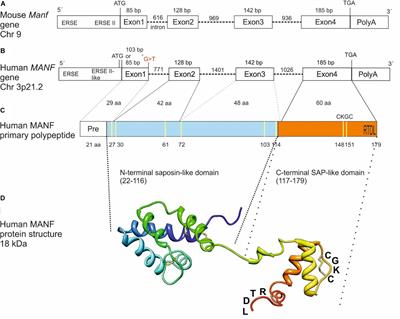REVIEW
Published on 26 Apr 2019
Effects of Neurotrophic Factors in Glial Cells in the Central Nervous System: Expression and Properties in Neurodegeneration and Injury
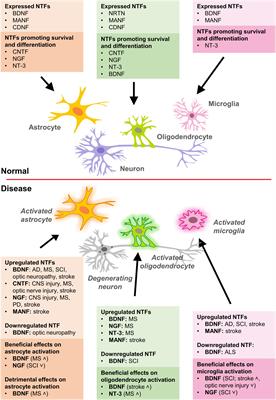
doi 10.3389/fphys.2019.00486
- 47,761 views
- 208 citations
24k
Total downloads
121k
Total views and downloads
REVIEW
Published on 26 Apr 2019

REVIEW
Published on 26 Apr 2019
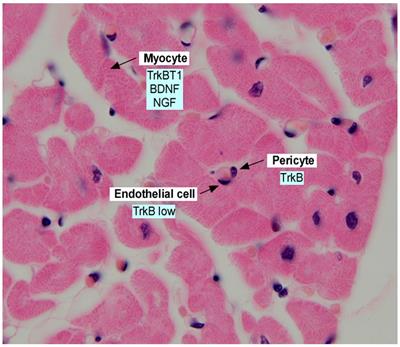
MINI REVIEW
Published on 19 Mar 2019

REVIEW
Published on 07 Jan 2019
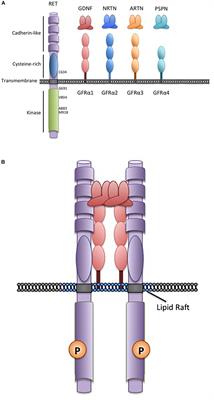
REVIEW
Published on 29 Nov 2018
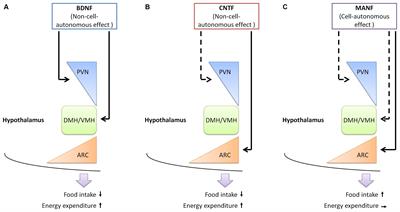
REVIEW
Published on 27 Nov 2018
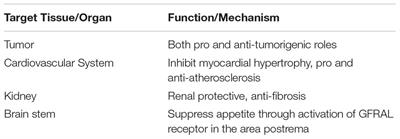
PERSPECTIVE
Published on 20 Nov 2018

REVIEW
Published on 12 Nov 2018
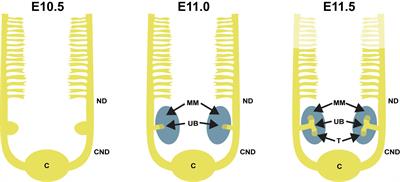
REVIEW
Published on 16 Oct 2018
